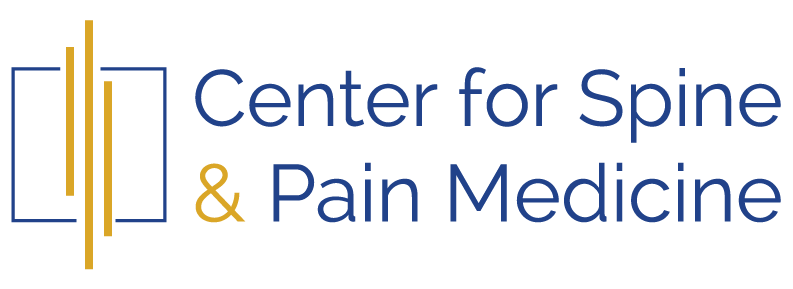
21 Nov Platelet-Rich Plasma Therapy That Curbs Chronic Pain
Platelet-rich plasma (PRP) therapy is a type of treatment that uses your own blood to promote healing. It’s also sometimes called autologous platelet-rich plasma (APR) therapy, or platelet-rich fibrin matrix therapy.
The procedure involves taking a small amount of blood from the patient, then separating out the platelets and concentrating them on the final product. This concentrated platelet sample is then injected into the injured area to help promote tissue healing and pain relief.
How PRP Therapy Works for Pain Management
PRP therapy can be used to treat various types of musculoskeletal injuries, including:
Osteoarthritis — A degenerative condition that can cause joint pain and stiffness
Chronic back pain — Chronic back pain is often caused by a herniated disc or spinal stenosis (narrowing of the spinal canal). It may be accompanied by sciatica (pain that radiates down the leg).
Tendonitis — Tendonitis occurs when tendons become inflamed due to repetitive strain or overuse. It can cause pain, swelling and tenderness at the site of injury.
PRP therapy has been used for years in sports medicine as a treatment for tendon injuries such as tennis elbow (lateral epicondylitis). More recently it has been used to treat arthritis and joint injuries with great success.
While PRP might not be suitable for everyone, it offers some very low-risk benefits for many patients who suffer from chronic musculoskeletal pain:
It provides pain relief by stimulating healing within damaged tissue and surrounding healthy tissue, reducing inflammation in the affected area.
It promotes the regeneration of new cells after injuries or surgery by encouraging stem cell growth at the site of injury or surgery site while suppressing scarring.
It reduces swelling and inflammation by increasing blood flow to injured areas and encouraging faster healing times.
Other benefits include:
- Increased mobility and range of motion
- Decreased pain with movement
Many people who experience chronic pain have tried treatments with little or no success. PRP may provide some relief from the pain associated with these conditions.
Are You A Candidate For PRP Therapy?
If you have tried non-invasive treatments such as medication and physical therapy without success, PRP may be worth discussing. Our board-certified physicians will perform a thorough assessment of your condition before recommending treatment options such as PRP therapy.
If you would like to learn more, contact us today at (706) 279-2635 or (678) 450-1222


